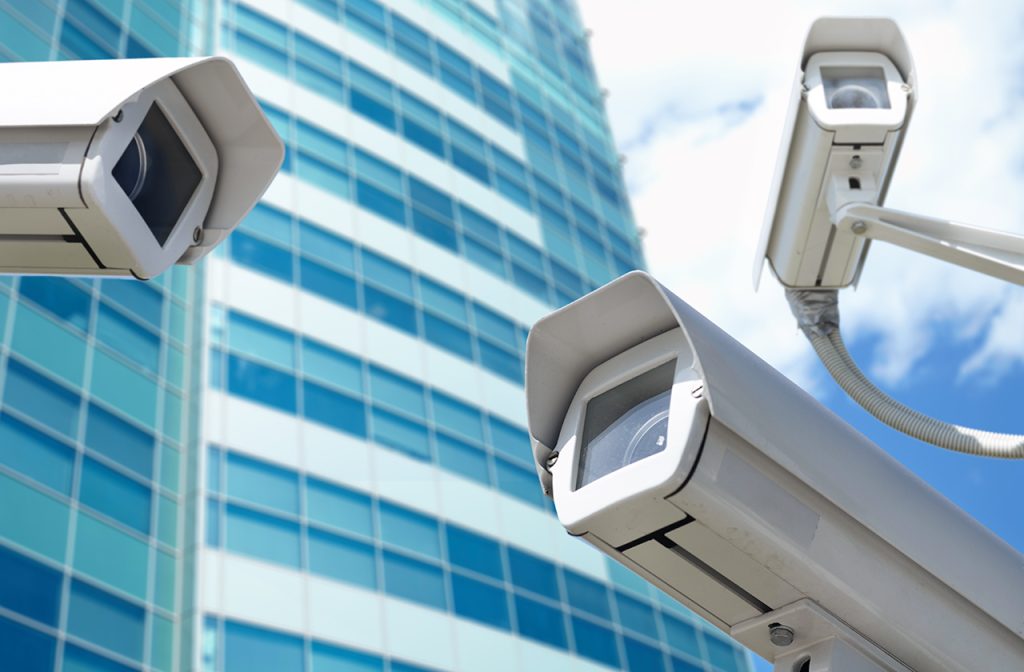In the rapidly evolving landscape of security, the future of advanced security camera systems is marked by innovation and sophistication. Securing your world is no longer just about surveillance; it is about intelligent, proactive defense mechanisms that leverage cutting-edge technologies. One of the key trends shaping the future of security camera systems is the integration of artificial intelligence AI. AI enables cameras to not only capture footage but also analyze and interpret it in real-time. This means that security cameras can now identify potential threats, distinguish between normal and suspicious activities, and even predict potential security breaches. The next frontier in security camera systems is the incorporation of machine learning algorithms. These algorithms allow cameras to continuously learn and adapt to their environment. For instance, a security camera system can learn to recognize individuals who frequent a particular area regularly, differentiating them from unfamiliar faces. This adaptive learning capability enhances the system’s ability to detect anomalies, reducing false alarms and improving overall security efficiency.

Another crucial aspect of the future of security camera systems is the integration of biometric technology. Traditional security measures, such as key cards and PIN codes, are increasingly being complemented or replaced by facial recognition and other biometric authentication methods. Advanced security cameras equipped with biometric capabilities can accurately identify and verify individuals, adding an extra layer of security to access control systems. This not only enhances physical security but also streamlines authentication processes, making them more convenient and efficient. Furthermore, the future of security cameras lies in their connectivity and interoperability. The rise of the Internet of Things IoT has paved the way for a networked approach to security, where cameras can seamlessly communicate with other devices and systems. This interconnected ecosystem allows for more comprehensive threat detection and response. For example, a security camera can trigger automated actions, such as locking doors or activating alarms, in response to a detected threat. This level of automation is crucial in providing a rapid and coordinated security response.
As security concerns continue to evolve, so does the need for enhanced situational awareness. Future security camera systems will likely feature advanced analytics that can provide insights beyond simple threat detection and view site https://paceprotections.com/cameras-systems/. These analytics may include crowd monitoring, traffic analysis, and even environmental monitoring for potential hazards. By leveraging data from multiple sources, security professionals can make more informed decisions and respond to incidents with greater precision. In conclusion, the future of advanced security camera systems revolves around the convergence of AI, machine learning, biometrics, and IoT. These technologies collectively empower security systems to go beyond mere surveillance and actively contribute to a robust defense strategy. As these innovations continue to mature, securing your world will become not just a goal but a dynamic and adaptive process that stays ahead of emerging threats.
